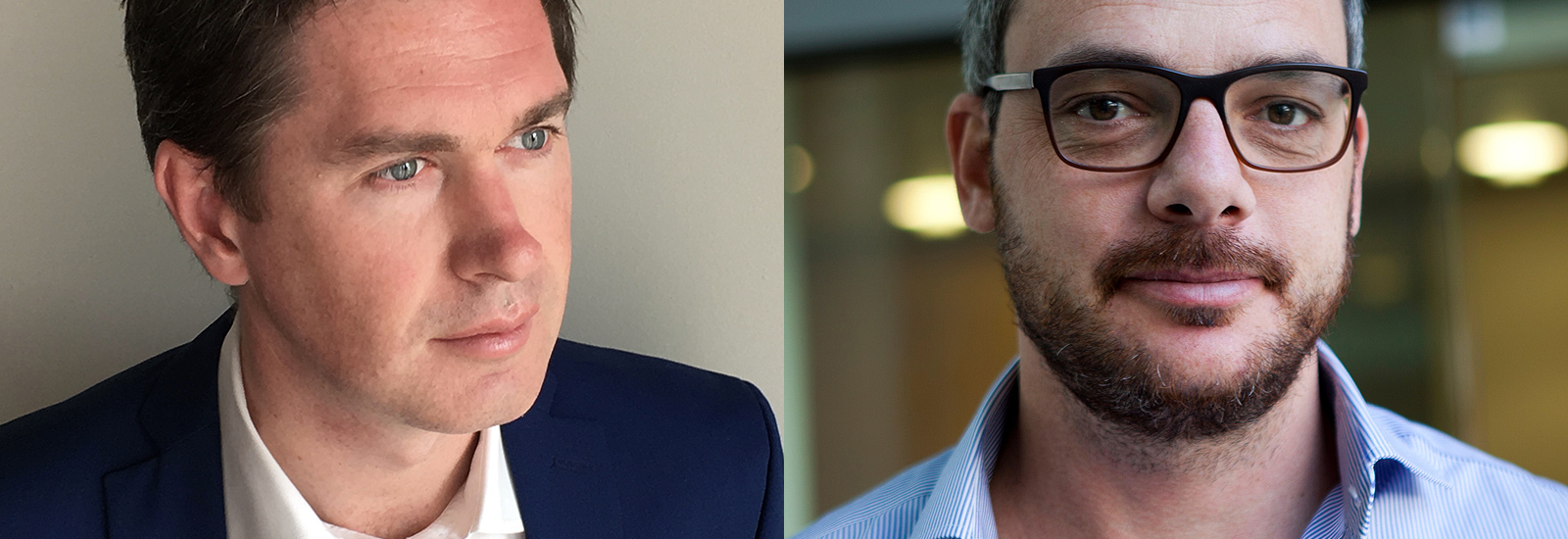Four scientists and engineers from Oxford University are among the laureates and finalists of the 2018 Blavatnik Awards for Young Scientists in the United Kingdom, announced today by the Blavatnik Family Foundation and the New York Academy of Sciences.
One laureate in each of the three Blavatnik Awards categories—Life Sciences, Physical Sciences & Engineering, and Chemistry—will each receive a prize of US$100,000, and two finalists in each category will each receive US$30,000. The Blavatnik Awards in the UK are the largest unrestricted cash prizes available exclusively to young scientists in the UK.
Professor Andrew Goodwin of the Department of Chemistry has been named as the 2018 Chemistry Laureate. Professor Goodwin is a world leader in the study of the chemistry and physics of functional materials, which have unique magnetic, optical, and electrical properties. His work has revealed the role of structural disorder in these materials, and how this phenomenon can explain unique material properties such as negative thermal expansion, negative compressibility, and exotic magnetic states.
Professor Henry Snaith of Oxford’s Department of Physics has been named the Physical Sciences & Engineering Laureate. His pioneering work in developing new, low-cost and high-efficiency solar cells based on metal halide perovskite materials has not only initiated a new research field now studied by scientists around the world, but also has the potential to deliver solar energy to the market at a fraction of the cost of currently used materials.
Professor Timothy Behrens of the Nuffield Department of Clinical Neurosciences has been named as a Life Sciences Finalist. Professor Behrens investigates the biology of the brain that underlies human behaviour. By combining mathematical models with behavioural experiments and neural recordings, he has uncovered at a cellular level how the brain stores abstract information about relationships between things in the world, and how we use this mental map in decision-making. His discoveries have applications in neural network computing and artificial intelligence, but also on our understanding of cognition and mental health.
Professor Philipp Kukura of Oxford’s Department of Chemistry has been named as a Chemistry Finalist. He is a physical chemist recognised for pioneering efforts in single-molecule scale microscopy and spectroscopy that enable the study of native, unlabelled molecules in real time. His particular focus is on biological macromolecules such as proteins as they interact with drugs or self-assemble with each other.
Professor Louise Richardson, the Vice-Chancellor of the University of Oxford, said: 'We are all delighted to learn of this public recognition for some of our most creative young researchers.
'It speaks to their potential to improve our understanding of ourselves and the world around us, as well as to inspire others to grapple with the most vexing scientific challenges. It is exciting to think of the future impact of their transformative research.'
The Blavatnik Awards, established by the Blavatnik Family Foundation in the United States in 2007 and administered by the New York Academy of Sciences, honour and support exceptional early-career scientists and engineers aged 42 years or younger. In 2018, the Awards recognise the first cohort of international honourees in the United Kingdom and in Israel. To date, the Blavatnik Awards have conferred prizes totalling US$5 million, honouring 220 outstanding young scientists and engineers.
In this inaugural year of the Blavatnik Awards in the UK, 124 nominations were received from 67 academic and research institutions across England, Scotland, Wales, and Northern Ireland. A distinguished jury of leading senior scientists and engineers from throughout the UK selected the Laureates and Finalists.
The inaugural Blavatnik Awards Laureates and Finalists in the UK will be honoured at a gala dinner and ceremony at the Victoria and Albert Museum in London on 7th March, 2018.
